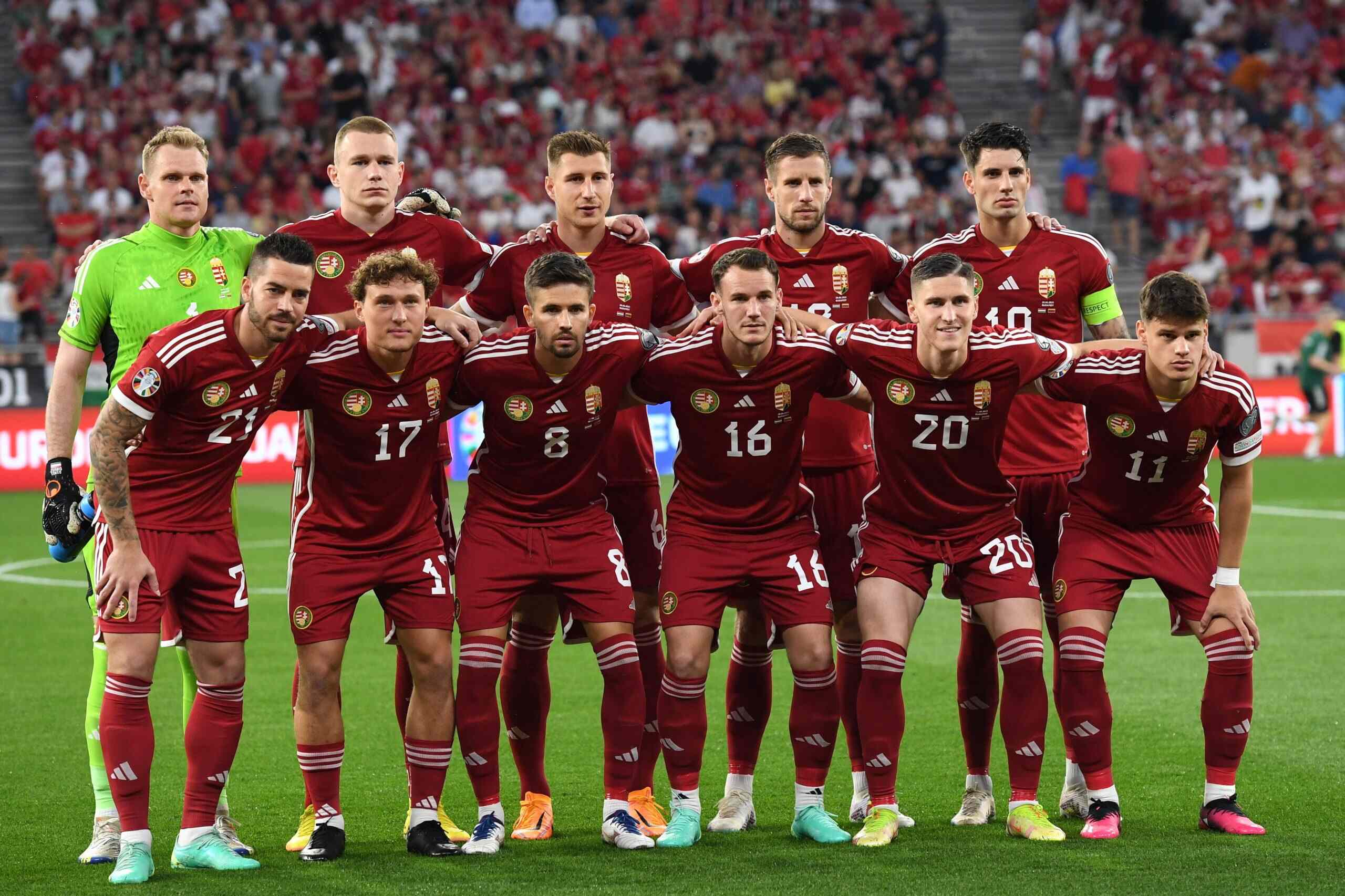
Football in Hungary has a rich history filled with triumphs, legends, and unforgettable moments. Ever wondered why this sport holds such a special place in Hungarian hearts? Hungary's national team once dominated the world stage, especially during the 1950s, earning them the nickname "The Magical Magyars." Players like Ferenc Puskás became household names, inspiring generations. But there's more to the story than just famous players. From local clubs to passionate fans, football culture in Hungary is vibrant and deeply rooted. Whether you're a die-hard fan or just curious, these 25 facts will give you a deeper appreciation for Hungary's football legacy. Ready to kick off? Let's dive into the fascinating world of Hungarian football!
Key Takeaways:
- Hungary has a rich football history dating back to the late 19th century, with a golden era in the 1950s and continued success in the modern era, including a strong focus on women's football.
- The "Mighty Magyars" made a significant impact on international football, introducing revolutionary tactics and producing legendary players, while Hungary continues to invest in youth development for a bright future in the sport.
The Origins of Football in Hungary
Football has a rich history in Hungary, dating back to the late 19th century. Here are some fascinating facts about its beginnings.
- The first football match in Hungary took place in 1897, played between two teams of British expatriates.
- Hungary's first official football club, Budapesti Torna Club, was founded in 1897.
- The Hungarian Football Federation (MLSZ) was established in 1901, making it one of the oldest football associations in the world.
- Hungary's national team played its first international match in 1902 against Austria, ending in a 5-0 defeat.
Golden Era of Hungarian Football
The 1950s are often referred to as the golden era of Hungarian football, marked by incredible talent and memorable matches.
- The Hungarian national team, known as the "Mighty Magyars," was unbeaten in 31 games from 1950 to 1954.
- Ferenc Puskás, one of the greatest footballers of all time, was a key player during this period.
- Hungary reached the World Cup final in 1954 but lost to West Germany in a match known as the "Miracle of Bern."
- The team scored a record 27 goals in the 1954 World Cup, the highest by any team in a single tournament.
Clubs and Domestic Competitions
Hungary boasts several historic football clubs and competitive domestic leagues that have shaped its football culture.
- Ferencvárosi TC, founded in 1899, is the most successful club in Hungary, with over 30 national championships.
- MTK Budapest, another historic club, has won the Hungarian league 23 times.
- The Hungarian Cup, first held in 1909, is the country's premier knockout football competition.
- The Nemzeti Bajnokság I (NB I) is Hungary's top-tier football league, established in 1901.
International Success and Influence
Hungarian football has made a significant impact on the international stage, influencing tactics and producing legendary players.
- Hungary was the first team to defeat England at Wembley Stadium, winning 6-3 in 1953.
- The "Mighty Magyars" introduced the 4-2-4 formation, which revolutionized football tactics.
- László Kubala, a Hungarian-born player, became a legend at FC Barcelona and is considered one of their greatest players.
- Hungary has produced several top coaches, including Béla Guttmann, who led Benfica to two European Cup victories.
Modern Era and Recent Developments
While the golden era has passed, Hungarian football continues to evolve with new talents and achievements.
- Hungary qualified for the UEFA European Championship in 2016, their first major tournament in 30 years.
- The national team reached the Round of 16 in Euro 2016, a significant achievement after decades of struggle.
- Dominik Szoboszlai, a young Hungarian talent, has gained international recognition playing for RB Leipzig.
- The Puskás Aréna, a modern stadium in Budapest, was inaugurated in 2019 and hosted several Euro 2020 matches.
Women's Football in Hungary
Women's football is growing in popularity and importance in Hungary, with increasing support and development.
- The Hungarian women's national team played its first official match in 1985.
- MTK Hungária FC is one of the most successful women's clubs in Hungary, winning multiple national championships.
- The Hungarian Women's Cup, established in 1993, is the premier knockout competition for women's football.
- Hungary's women's national team has participated in several UEFA Women's Championship qualifiers, showing steady improvement.
Youth Development and Future Prospects
Investing in youth development is crucial for the future of Hungarian football, with several initiatives in place.
- The Hungarian Football Federation has established numerous youth academies to nurture young talent and ensure a bright future for the sport.
The Final Whistle
Hungary's football history is rich with remarkable achievements and fascinating stories. From the Golden Team of the 1950s to the modern-day talents making waves, Hungarian football has left an indelible mark on the sport. The passion and dedication of Hungarian fans and players alike continue to drive the sport forward in the country.
Whether you're a die-hard football fan or just curious about Hungary's contributions to the game, these facts offer a glimpse into a vibrant football culture. The ups and downs, the legendary matches, and the iconic players all contribute to a narrative that is both inspiring and captivating.
Next time you watch a match or discuss football history, remember the impact Hungary has had on the beautiful game. It's a legacy worth celebrating and sharing.
Frequently Asked Questions
Was this page helpful?
Our commitment to delivering trustworthy and engaging content is at the heart of what we do. Each fact on our site is contributed by real users like you, bringing a wealth of diverse insights and information. To ensure the highest standards of accuracy and reliability, our dedicated editors meticulously review each submission. This process guarantees that the facts we share are not only fascinating but also credible. Trust in our commitment to quality and authenticity as you explore and learn with us.
